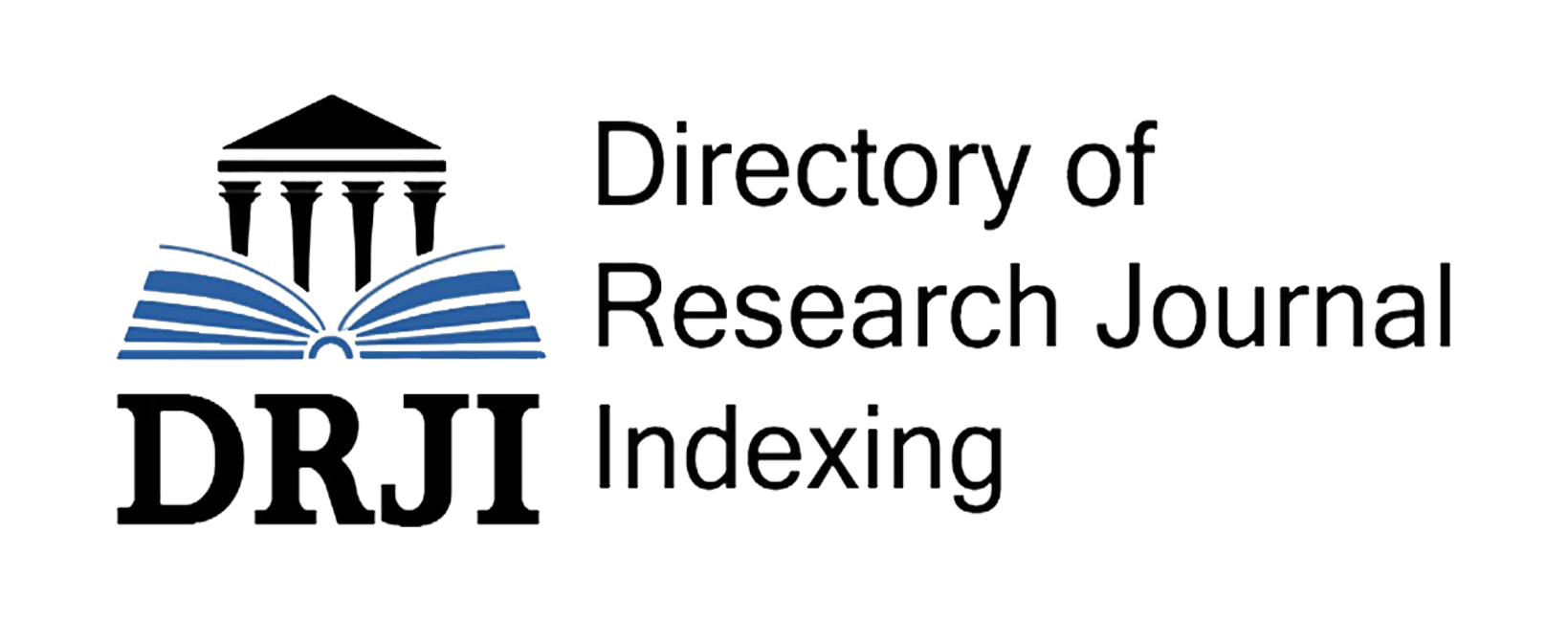OBJECTIVE AND SUBJECTIVE MODALITY CATEGORIES IN THE ENGLISH AND KARAKALPAK LANGUAGES
Keywords:
category, reality, doubt, irreality, utterance, attitude, modal words, expression, opinion, presumptionAbstract
This study deals with the distinction between subjective and objective modality on the basis of the English and Karakalpak languages. It shows the distinction with examples, both in terms of the criteria that has been proposed to support it, and in terms of the actual delineation of subjectivity and objectivity in the modal domain. Since the material is concerned with comparative the results play significant capacity in the subject of Comparative typology. The relevance of this study lies in the fact that attention is paid not only to the comparison of modal verbs in English and Karakalpak languages, but also their use in specific types of speech act. The study examines the patterns that manifest themselves in a comparative study of the specific phenomena of two or more languages.
References
Bally Ch. General Linguistics and questions of English Language. Science Journal, 2003 – 159 p.
Belyaeva, E. I. Functional semantic fields of modality in English and Russian. Voronezh: Publishing house of Voronezh University, 1985.
Zolotova, G. A. On the modality of sentences in Russian. Philological Sciences, 1962,4, 65-79.
The grammar of modern Karakalpak literal language. Nukus “Bilim”, 1994. 411-page. [Published in Karakalpak as Ҳәзирги қарақалпақ әдебий тилиниң грамматикасы. Сөз жасалыў ҳәм морфология. Нөкис «Билим», 1994. 411-б.]
Karimbaev S. “Qaraqalpaq tilinde modal sуzler”. Qaraqalpaq Mбmleketlik Universiteti. Nуkis. 2019. 9-10b.
Berdimurаtоv K., Esemurаtоv А. The Karakalpak language. Nukus. Vol.I. 1962 [Published in Karakalpak, Berdimurаtоv K., Esemurаtоv А. Qаrаqаlpаq tili sаbаqlıǵı. I bтlim. Nтkis, 1962].
Buranov J. B. Comparative typology of English and Turkic languages. Moscow. 1983. [Published in Russian; Буранов Ж. Б. Сравнительная типология английского И тюркских языков. Москва. 1983].









